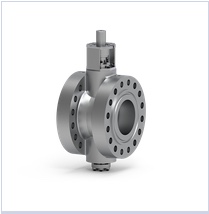Question
-
We faced problem in the particulate contamination specification of jet fuel product in the two tanks , and from our survey the specification from the unit of hydrobon unit is ok ,on the other hand in the refinery we refine sweet crude with API 42 and we got this problem for first time, in your view can you advice me?
Nov-2023
Answers
-
Osbaldo Hernandez, KizerEnergy, osbaldo1@gmail.com
The contamination of derivatives with water, sludge, and corrosion products, this is especially true for jet fuel tanks. Normally the solids you can find in the jet fuel filters look like grinded coffee. If you don’t have inline cartridge filters in de dispatch line its recommended to implement a dual filter and perform frequent checks, this will provide the frequency you will need to clean the bottoms and internals of the storage tanks. In our case we establish a frequency to cleaning up the tank every two years, we process sweet crude oil API 29-30.
Dec-2023
-
N Sekar Murthy, Ashphil Consultancy, nssvdvr@gmail.com
Check the run down lines for onset of corrosion / erosion. Typically higher velocity of unit run down lines could lead to such other than tank hygiene aspects. In a refinery where I worked we had inline filters to arrest particulate pick up in Jet fuel.
Nov-2023
-
Marcio Wagner da Silva, Petrobras, marciows@petrobras.com.br
It's important consider in the analysis the information of the last cleaning of the internals of the storage tanks. It's important keep a routine of cleaning the storage tanks each five years in order to avoid the contamination of derivatives with water, sludge and corrosion products, this is specially true for jet fuel tanks.
Nov-2023

















